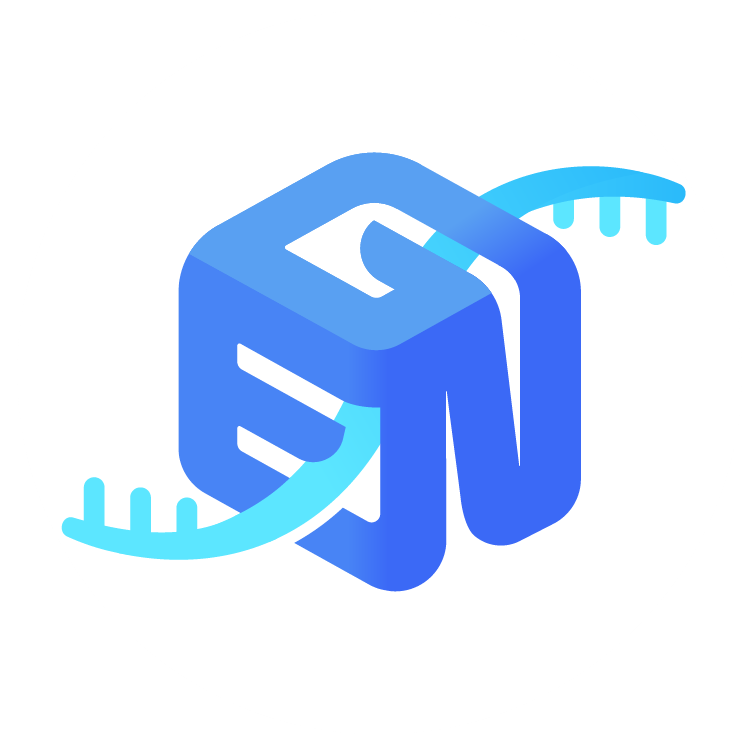

 Gene Expression Nebulas
Gene Expression NebulasSummary: 10X Genomics single cell RNAseq of MCF7 cells treated with bortezomib. Human cancer cell lines are the workhorse of cancer research. While cell lines are known to evolve in culture, the extent of the resultant genetic and transcriptional heterogeneity and its functional consequences remain understudied. Here, genomic analyses of 106 cell lines grown in two laboratories revealed extensive clonal diversity. Follow-up comprehensive genomic characterization of 27 strains of the common breast cancer cell line MCF7 uncovered rapid genetic diversification. Similar results were obtained with multiple strains of 13 additional cell lines. Importantly, genetic changes were associated with differential activation of gene expression programs and marked differences in cell morphology and proliferation. Barcoding experiments showed that cell line evolution occurs as a result of positive clonal selection that is highly sensitive to culture conditions. Analyses of single cell-derived clones showed that ongoing instability quickly translates into cell line heterogeneity. Testing of the 27 MCF7 strains against 321 anti-cancer compounds uncovered strikingly disparate drug response: at least 75% of compounds that strongly inhibited some strains were completely inactive in others. This study documents the extent, origin and consequence of genetic variation within cell lines, and provides a framework for researchers to measure such variation in efforts to support maximally reproducible cancer research.
Overall Design: MCF7 cells (strain AA) were treated with bortezomib (500nM) and harvested before treatment, after 12 hours of exposure (t12), after 24 hours of exposure (t48), or after 72 hours of exposure followed by drug wash and 24 hours of recovery (t72+24)
| Strategy: |
|
| Species: |
|
| Healthy Condition: |
|
| Cell Type: |
|
| Cell Line: |
|
| Growth Protocol: | MCF7 cells were cultured in RPMI-1640 (Life Technologies), with 10% Fetal Bovine Serum (Sigma-Aldrich) and 1% Penicillin-Streptomycin-Glutamine (Life Technologies). |
| Treatment Protocol: | MCF7-AA cells were exposed to 500nM of bortezomib (Selleckchem S1013 ) and harvested before treatment, after 12 hours of exposure (t12), after 24 hours of exposure (t48), or after 72 hours of exposure followed by drug wash and 24 hours of recovery (t72+24). |
| Extract Protocol: | DissociateCells were washed, trypsinized, passed through a 40μM cell strainer, centrifuged at 400g, and resuspended at a concentration of 1,000 cells/μL in PBS + 0.5% BSA.Single cells were processed through the Chromium Single Cell 3′ Solution platform using the Chromium Single Cell 3’ Gel Bead, Chip and Library Kits (10X Genomics), as per the manufacturer’s protocol. |
| Library Construction Protocol: | - |
| Molecule Type: | poly(A)+ RNA |
| Library Source: | |
| Library Layout: | PAIRED |
| Library Strand: | Forward |
| Platform: | ILLUMINA |
| Instrument Model: | Illumina HiSeq 2500 |
| Strand-Specific: | Specific |
| Data Resource | GEN Sample ID | GEN Dataset ID | Project ID | BioProject ID | Sample ID | Sample Name | BioSample ID | Sample Accession | Experiment Accession | Release Date | Submission Date | Update Date | Species | Race | Ethnicity | Age | Age Unit | Gender | Source Name | Tissue | Cell Type | Cell Subtype | Cell Line | Disease | Disease State | Development Stage | Mutation | Phenotype | Case Detail | Control Detail | Growth Protocol | Treatment Protocol | Extract Protocol | Library Construction Protocol | Molecule Type | Library Layout | Strand-Specific | Library Strand | Spike-In | Strategy | Platform | Instrument Model | Cell Number | Reads Number | Gbases | AvgSpotLen1 | AvgSpotLen2 | Uniq Mapping Rate | Multiple Mapping Rate | Coverage Rate |
|---|